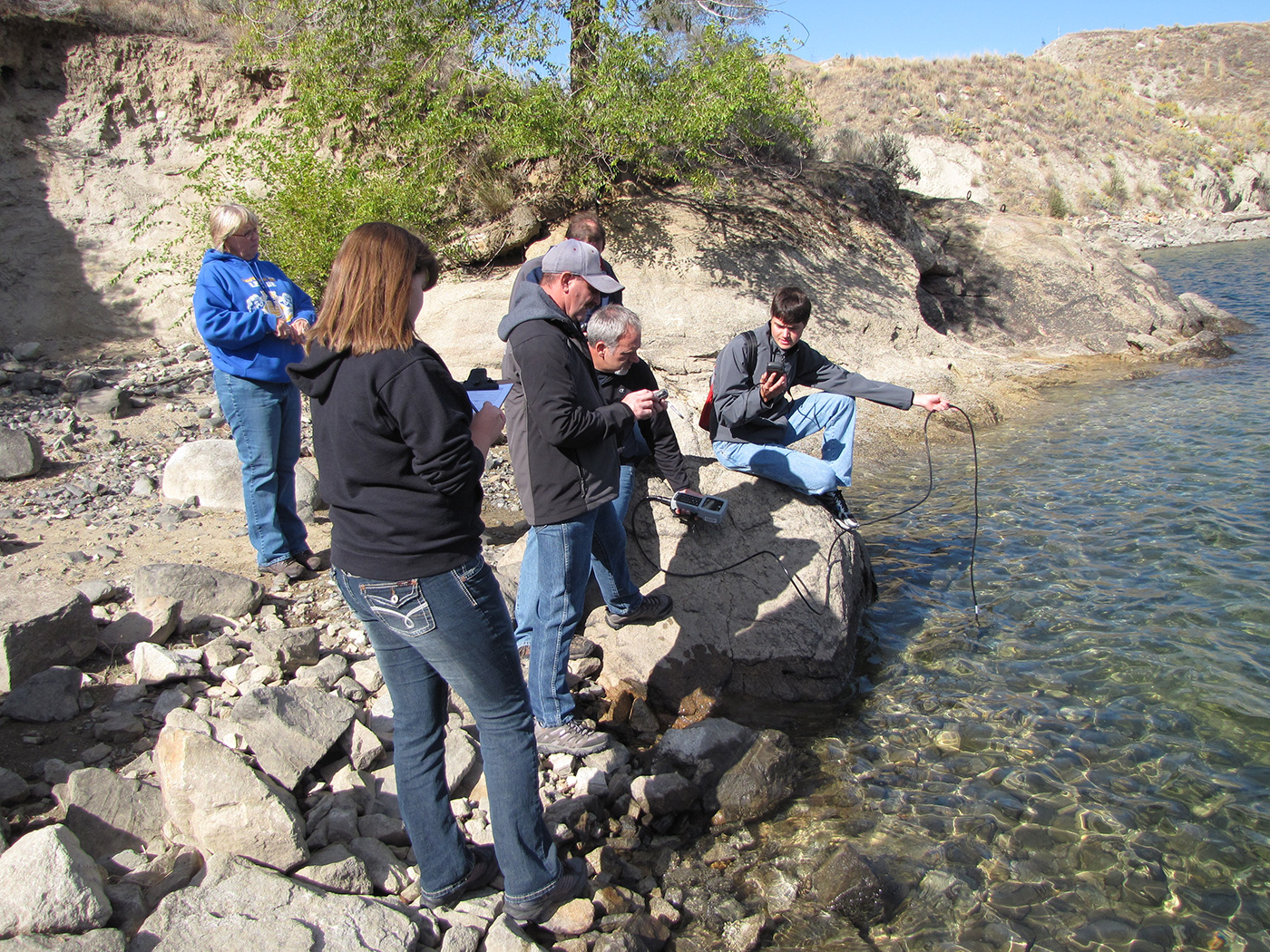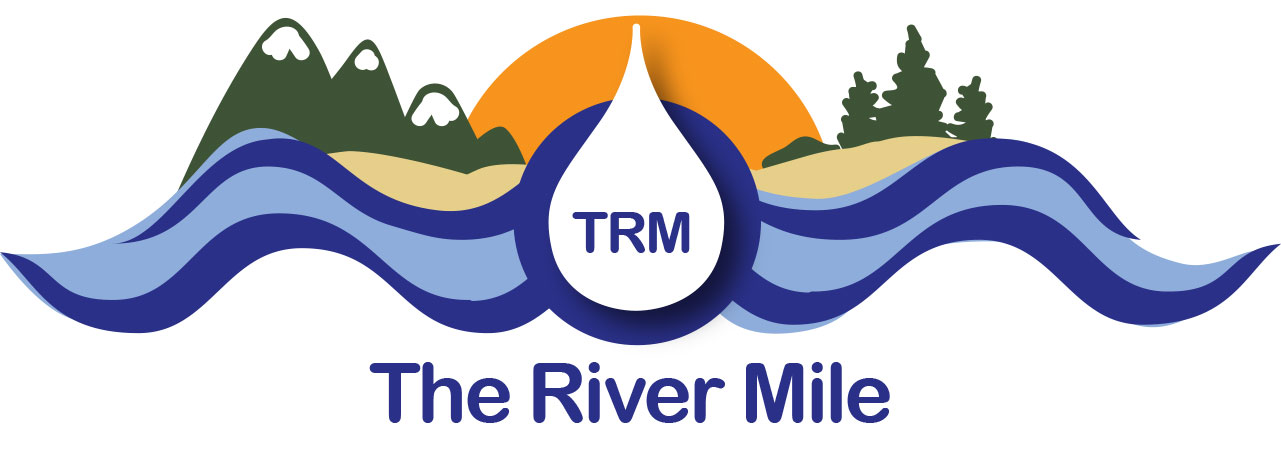Water Quality Monitoring

Master Water Stewards Program
The River Mile is working in partnership with the University of Idaho’s Master Water Steward Program to collect water quality data! For the last 10+ years IDAH²O has had citizen scientists of Idaho collecting stream water quality data. Now they are expanding to Washington and Oregon!
You can find more information about the Master Water Steward Program from their website! To get involved as a Master Water Steward, the first step is to complete the self-paced online course of study: https://canvas.instructure.com/enroll/MG63TJ. This video-based course is free, and should take about 3 hours to complete. It replaces the former in-class portion of the day-long workshop. The second step is to attend an in-person, hands-on, in-stream practicum at a location near you. These 3-hour practicums are scheduled from spring through fall throughout the Columbia River basin; there is a $40 workshop fee to help offset travel and equipment costs. Once participants complete the practicum, they are eligible to be assigned a monitoring kit if they commit to regular monitoring on a lake, river, stream or pond.
Check the Master Water Stewards web site for scheduled 3 hour field practicums. IDAH²O can schedule a practicum in your community with a minimum commitment of 8 participants. It’s a great way for K-12 teachers to earn professional development credits; one credit is offered for Idaho teachers (extra fee for the credit, plus homework is required). WA Clock Hours are TBA.
If you are interested in joining the Master Water Steward Program check out their website!
Water Quality Resources
To assist you with understanding the different water quality tests there are a number of resources available. One resource is The River Mile’s Water Quality in the Columbia River Watershed educator’s guide.
The guide is designed such that students apply science content knowledge and inquiry, investigation and problem-solving skills within the context of community service and stewardship. Students are empowered to think and take actions as members of a community that lives, works, and recreates near the Upper Columbia River & Lake Roosevelt. Students learn to collect and analyze water quality data and consider the interrelationships between human activities, changing watershed conditions, and lake water quality.
This unit strategically builds upon the exemplary lesson plans, protocols, and resources created by programs such as Floating Classroom, Project Wet, Project Wild, Nature Mapping, and multiple internet resources. Washington State Department of Ecology (ECY) and the Environmental Protection Agency EPA web resources were used for validated data. These exemplary programs and resources serve as a foundation for launching Lake Roosevelt based student inquiry and investigation. Every attempt was made to gratefully acknowledge and cite the contributions of others who have developed the tools which this unit will use in support of teachers and students implementing “The River Mile” (TRM) a program of the National Park Service Program.
This guide and many more resources are available on our Resources page.
Additional resources are available from a variety of organizations, for example

